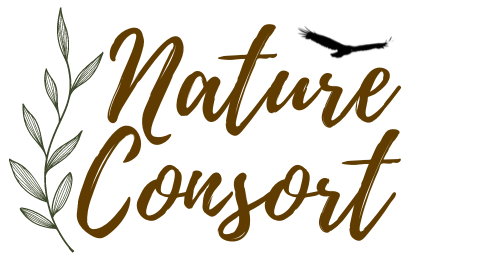This is the most valuable article you will come across regarding wildlife career paths. Nature Consort will deliver the raw truth about having and maintaining a wildlife career. We are going to deliver the information raw, not sugar coated. So you’d better buckle up.
This article contains 9 wildlife career steps, and how to build your foundation to position you for the best outcome for success.
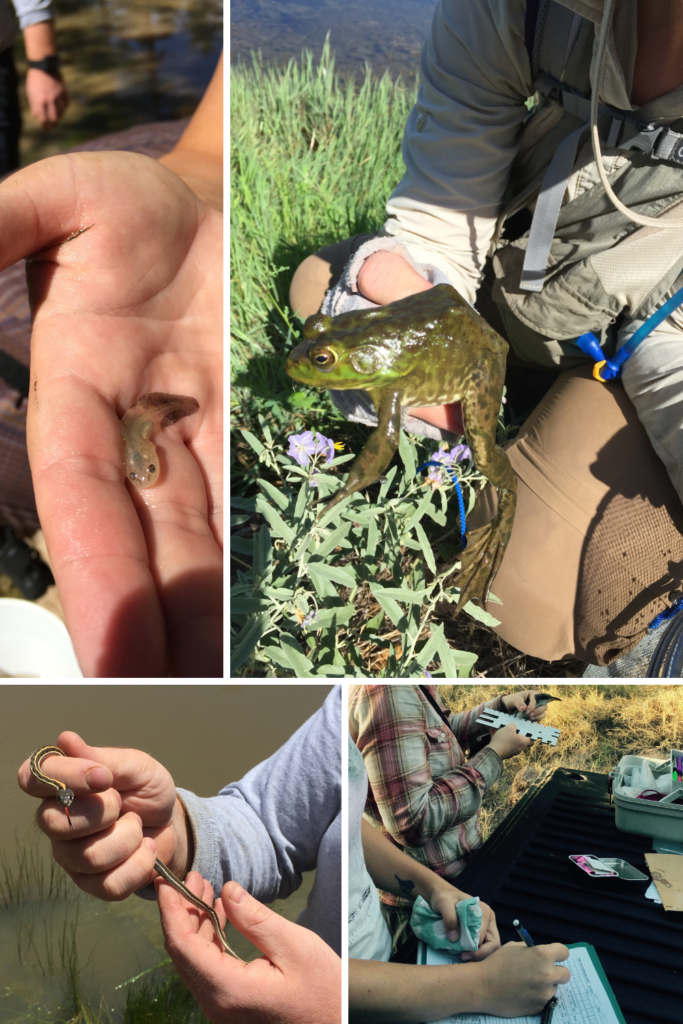
We have debated authoring a book on this subject. Really. Since there is so much information. However, if you know us by now, we like free content. We prefer to provide you with free advice regarding this topic, in hopes that the information found in this article will help you. Since there is so much information, we will divide this article into two parts:
The first part of this article will discuss exactly how to build a foundation for your career. This part is absolutely crucial. We will also provide suggestions if you are further along or have already passed over some of the beginning steps.
The second part of will include the 11 Wildlife Career Paths you can embark on. Of course, you aren’t limited to only these 11 suggestions. Use your resources and imagination to come up with your own strategy. We only wish to provide suggestions to help you get started in the right direction. Part 2 of this article can also be used for ideas if you’re changing direction.
Note: Part two of this article “11 Wildlife Career Paths | Advice for Wildlife Careers Nobody Tells You: Part 2” can be found here. Part 2 will reveal the 11 Wildlife Career Paths for you to explore and consider as you develop your career.
Click here to jump to the 9 steps for beginning your wildlife career.
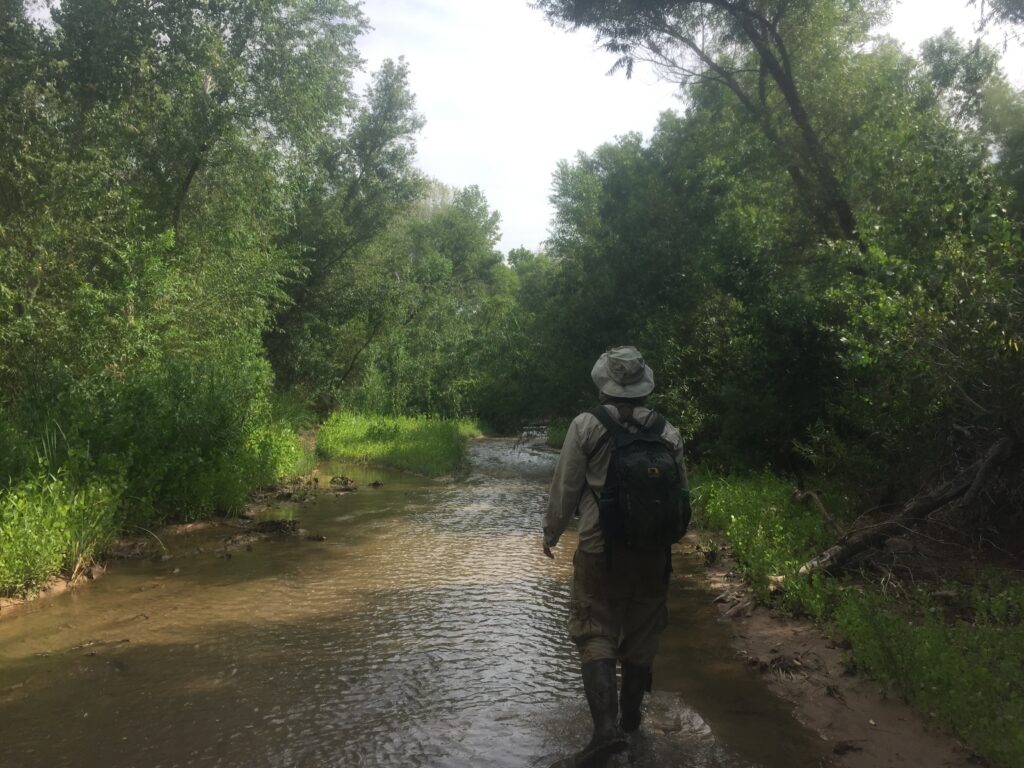
Background Information About Your Wildlife Career Path
Whatever your motivation is for choosing a wildlife career, will differ from the next person’s. Everyone will arrive at their own decisions from different reasons.
Challenges
Let’s discuss two major challenging factors about the wildlife field.
1 . Competition: Yes, wildlife careers are extremely competitive. This field continues to maintain and gain popularity. The wildlife biology sector is flooded with professionals, job seekers, students, volunteers, and individuals whom dedicate their lives to the profession.
2. Salary: Since so many people are interested in wildlife biology careers, the field is notorious for low pay. The market is flooded with candidates, creating high competition. As a consequence, wages generally stay low. Of course, low pay is subjective, and there are ways to make more money with wildlife biology opportunities. But just know, typically these are not the highest paying jobs available in the job market.
But don’t get discouraged! Wildlife careers can be a fun and rewarding life experience!
General Things You Should Know About the Wildlife Career Field
1 . Terrestrial biology and marine biology are almost entirely different subjects. They might as well be from different planets! But in all seriousness, you choose which field you want to specialize in so you can direct your focus. For the sake of this article we will focus on terrestrial biology opportunities and methods (as opposed to marine biology, and laboratory biology, microbiology, genetics, etc). Still though, these beginner steps can be applied to many disciplines of undergraduate studies.
2. In basic terms, anthropology is the study of humanity. If you wish to work with the great apes, or as a primatologist, it can be useful (and possibly necessary) to supplement your biology education with an anthropology or even a psychology degree. It is common to obtain a mater’s degree or PhD if you are serious about becoming a primatologist.
3. You don’t need a biology degree from a university to study wildlife. There have been plenty of people who become successful in wildlife conservation and wildlife biology without a university degree. At the time this article was written, neither of Steve Irwin’s children have biology degrees. I also personally know a very successful biologist with a non-science degree.
The cold hard truth about these types of circumstances is that it is very important in who you know. If you have a reliable reputation, excellent contacts, and the proper experience, you can do almost anything you desire without a professional degree.
Realistically though, having a degree that pertains to your career choice will be essential to improving the outcome of your success.
This next section will cover the 9 steps to consider when beginning your Wildlife Career Path.
Step 1: Identify the End Goal of Your Wildlife Career
Start at the end. What do you ultimately want to achieve? Do you want to work for the federal government with the U.S. Fish and Wildlife Service? Would you prefer to go into a non-profit or start your own business? Is your ultimate goal to work internationally with wildlife? No matter what you choose, make sure you have a clear goal and steps to get there. Ensure that you are able to take those steps no matter how small to work on achieving your goal.
It’s also very important at this point, to consider that your plan may change. Your interests may shift or you may find a different path in the wildlife field that you are passionate about. Taper your exceptions, and be willing to adjust your mindset and goals to lifestyle changes and preferences.
Step 2: Volunteer
Becoming a volunteer is incredibly useful, especially if you’re just starting out. It is a great way to build skills, and learn what it’s like at a particular job. Volunteering is great strategy to ensure that you want to work in that particular field. If you volunteer for something and decide it’s not for you, you can then make adjustments.
Ideally, you would start volunteering while you’re still in high school. It’s an excellent time for volunteer opportunities because you are likely still living at home with your parents. Seek out volunteer opportunities with the humane society, veterinary clinics, zoos, botanical garden, aquariums, a local wildlife rehabilitation center, with your state’s Game and Fish Department, or with a non-profit that encourages and will teach you citizen science skills. Explore Stem Programs that focus on Science, Technology, Engineering, and Math.
If you’re an underrate already in college, volunteering is still especially important. As suggested above, a good starting point for volunteering is directly with your state’s Game and Fish Department. Find opportunities from your professors and their graduate students. Volunteer or apply for graduate student jobs and work for them during field season and on their research projects during the year. You will find that some graduate students will offer paid positions.
The biggest benefit of volunteering is the acquisition of new skills and training. You’ll learn how agencies are run, how to use new tools, and what it would be like to work at a certain facility. Most importantly, if you find that you did not enjoy your volunteer experience as much as you’d hoped, you can shift your focus and try out another field or opportunity.
Step 3: Plan on Getting a Biology Degree
Plan your degree. Your academic advisor should help you plan the requirements in obtaining your biology degree. If you want to shift your focus, you should visit with your university advisor again. It’s important to stay in touch with the university staff to ensure you are on the right path and receiving all of the credits you need to graduate with your degree.
Many options should be available to you through your university, including but not limited to; Wildlife Management, Fish and Wildlife, Zoology, Environmental Science, Ecology, Genetics, Ecology, and Veterinary Science. Choose the field you plan to enter when you graduate.
Pro tip: Take botany classes. If you want to apply for a position with th U.S. Fish and Wildlife Service, make sure you take botany classes. Botany courses are typically a requirement on federal job postings. Even an introductory botany background will help a lot when conducting, habitat assessments, plant surveys, plant inventory projects in other opportunities. Check current job postings for the number of botany credits required for entry level.
Step 4: Wildlife Career Hobbies
You’ll want to engage in wildlife hobbies. Birding, botany/plant identification, skull and antler identification, scat recognition, invertebrate/entomology/bug identification, hunting, and fishing are all fun activities you can use to hone your skills and build your knowledge base. If you already partake in hobbies pertaining to wildlife, you are already ahead of the game. There are many useful field guides to help you learn and explore.
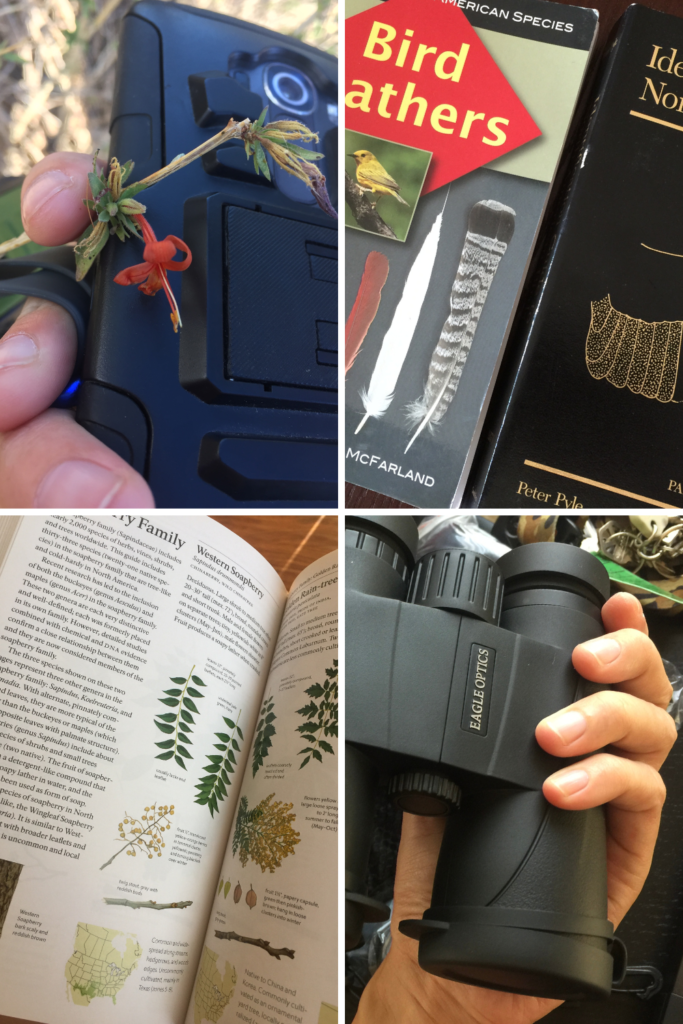
Step 5: Seek Out a Mentor
Work with professors and meet make sure to meet graduate students. If you read scientific papers or books published by professors as an undergraduate, you will be able to ask them any questions directly. Ask a graduate student what they are studying and how to get involved on their projects. Use these valuable human resources while they are available to you.
Pro tip: Join your university’s student chapter of The Wildlife Society or any other available wildlife clubs. Become involved, attend their meetings, and consider running as an officer. Attending professional meetings will keep you informed of the latest wildlife research, and making new connects with those people is invaluable.
Step 6: Apply for Internships
Apply for internships while you are in school. Aim to have a different internship for each summer. You’re off to a great start even if you only have one internship completed by the time you graduate.
This step is why volunteering is especially important. If you volunteer with an agency, such as the state Game and Fish Department for example, you will have a direct contact to ask about internship opportunities, where, and how to apply.
Step 7: Become Certified in Everything You Can
This is more likely to come later on in your career, after you graduate. Still though, it’s not a bad idea to plant the seed now. If you need a certain amount of hours to work with a specific species, get that training now. Having specialized training before you graduate, or soon after you graduate will greatly increase your chances to land a job. Trainings, certifications, experience with wildlife equipment, fisheries techniques, mammal trapping, navigational skills, species-specific protocols will help you become a stronger job candidate and hone your wildlife skills.
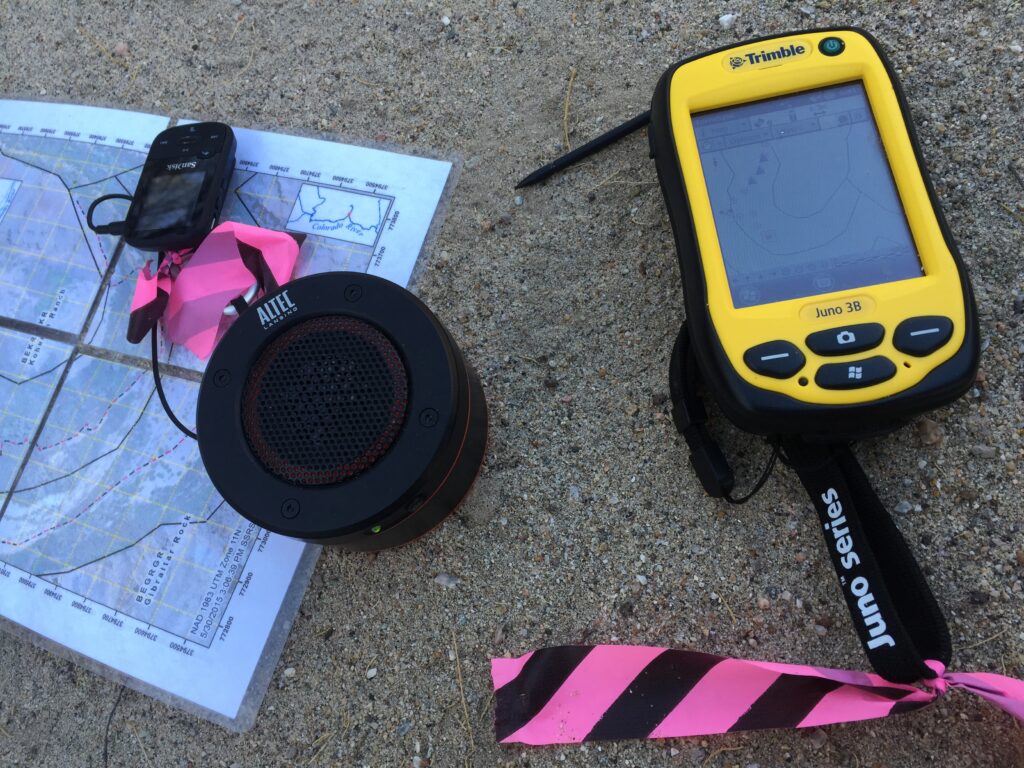
Step 8: Apply for Jobs
Ideally you’ll want to apply for jobs before you graduate. If you plan to continue with a Master’s degree, you will need to work out which school and program you want to attend.
If you have already graduated and are seeking career options, don’t stress! We wrote this article especially for you. Even if you’ve never had an internship, you are still certainly capable of finding fulfilling work. Each year, there are hundreds of thousands of new graduates with biology degrees. Not everyone has had the opportunity to land that internship during their undergraduate years. If this is you, don’t worry, you are not alone. We want you to pay special attention to Part 2 of this article.
Disclaimer:
Nature Consort is not liable for any actions or repercussions resulting from the advice provided in Part 1 and Part 2 of this article. When reviewing the information presented in these posts, use your best judgment. Do what is best for you when making any type of career decision. Everyone will have differing journeys and paths toward success. We intend to provide this information to supplement your current knowledge. You are fully responsible for any decisions you decide to take. Any content (photographs, text, references, advice) from this article needs written permission from Nature Consort prior to being replicated. Nature Consort is not a career consultant. It is up to you to decide if the information discussed within this article can be applied or useful to you for your life.
